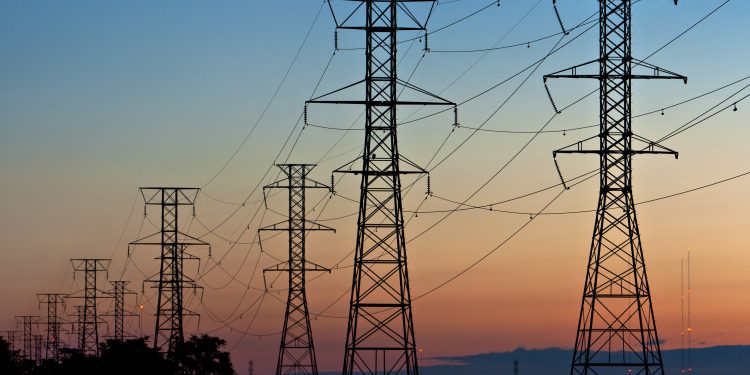At a time when we are surrounded chiefly by bleak news on the health front, one development on the power front should give us some cheer. When Prime Minister Narendra Modi appealed to countrymen to express solidarity with health workers and others fighting the coronavirus pandemic by lighting a lamp or switching on the flashlights of their mobile phones, for nine minutes at 9 pm April 5, what he also did was to pose a huge challenge to the power sector. Thankfully, unlike the surprise announcement of the national lockdown similar to the Demonetization drama, the electrical engineers had about sixty hours in which to make necessary adjustments in power grids, generation and load management to prepare for the expected drop in demand. What was commendable, though, was the fact that the system was kept up and running although the expected drop in demand (of 12,452 MW if all the 171.3 million connected households participated) was exceeded by roughly double that (at 31,089 MW) in the given time. This, too, was not surprising, given the fact that power guzzling industries across the country have also shut operations on account of the lockdown.
The power sector in general, although vital to the economy as well as for comforts of people, continues to be a challenged one owing to very many factors. With production costs rising as a result of increase in prices of fuel such as coal, and hydroelectric power projects being found to be threats to ecology and natural cycles, the power sector is grappling with issues on multiple fronts without overburdening the customer. Political promises of free power to farmers and such other schemes are only adding to the burden. The inadequate adoption of renewable energy projects owing to the multiple challenges they pose is also a major impediment in the profitable operation of the power sector. It is definitely a feat that engineers and technicians handling power production and consumption have pulled off in managing the backstage operations during the ‘9minutes9pm’ show. Fact remains that the power sector is playing a vital role in keeping the lockdown calm and quiet. If households were to be deprived of power for long hours, especially with the summer setting in, even the fear of COVID-19 may prove insufficient to keep people indoors. The healthcare sector is also critically dependent on power to keep its operations going smoothly. Although many institutions are adopting renewable sources, such as solar and wind, to support their energy needs, they are far from becoming the mainstay with dependable electricity. Power outages continue to be handled through the use of generators run on diesel. While the way the power sector handled the challenge with prior notice is commendable, the situation also calls for an assessment of the lacunae in the power system. The sector needs to modernise even more quickly so that the country is able to meet even crises thrown at us by unforeseen or pre meditated emergencies. The prime minister will have to acknowledge the services of the power sector in right earnest as they will continue to play a vital role in getting the economy back on track and ticking. Maybe in the next and third round of public ovation that he could be planning for medics and others, he will include the power sector workers too. It needs to be applauded as well as equipped better.






































